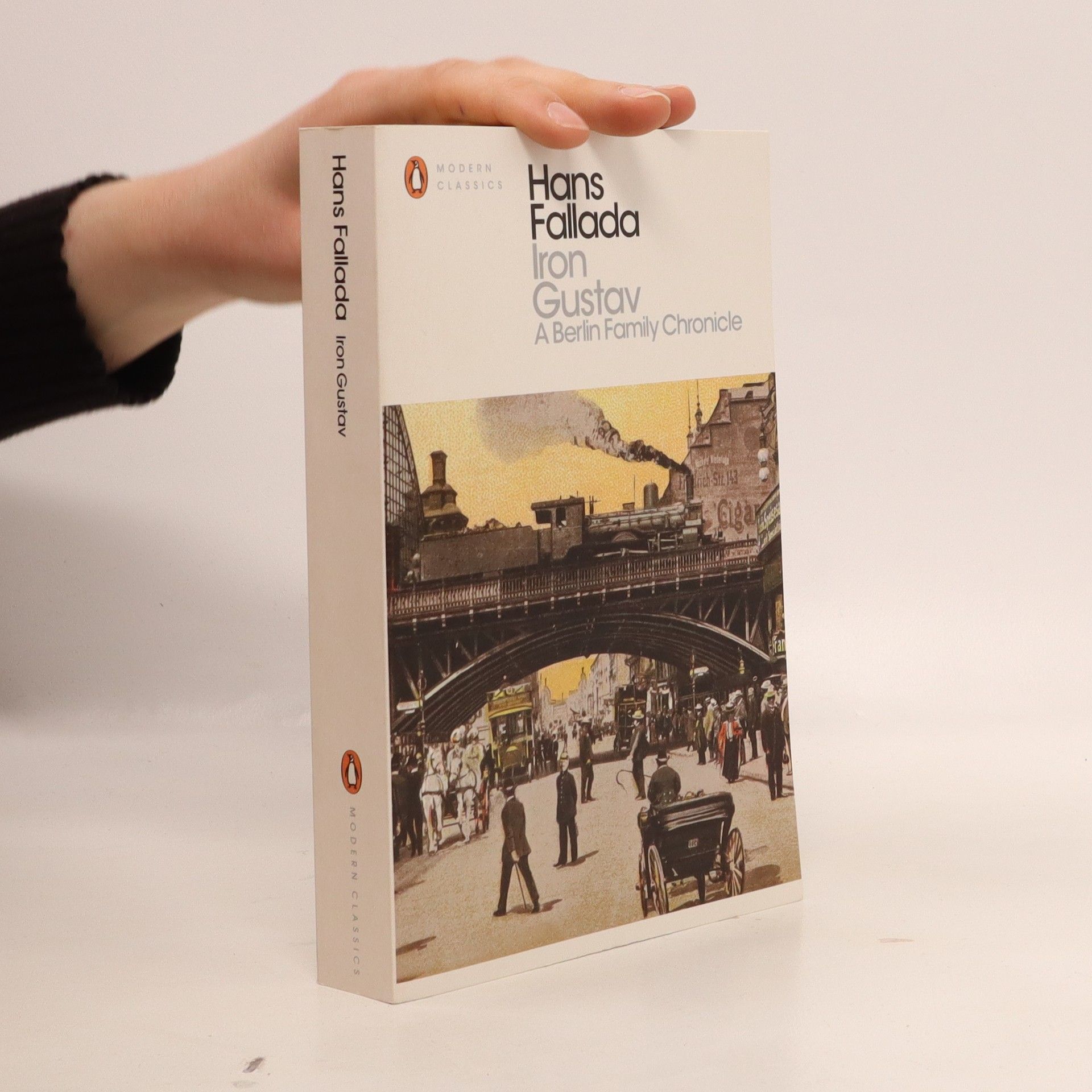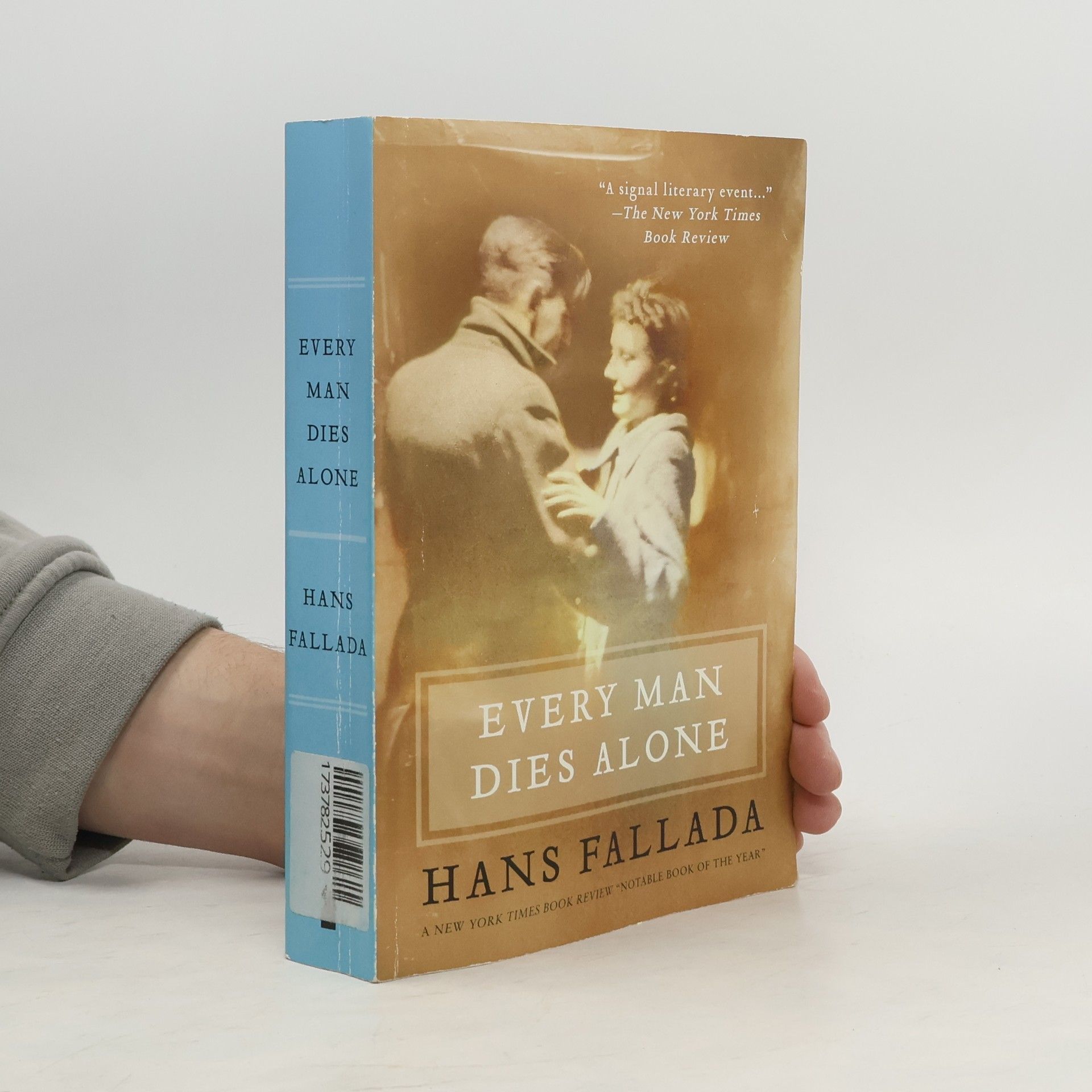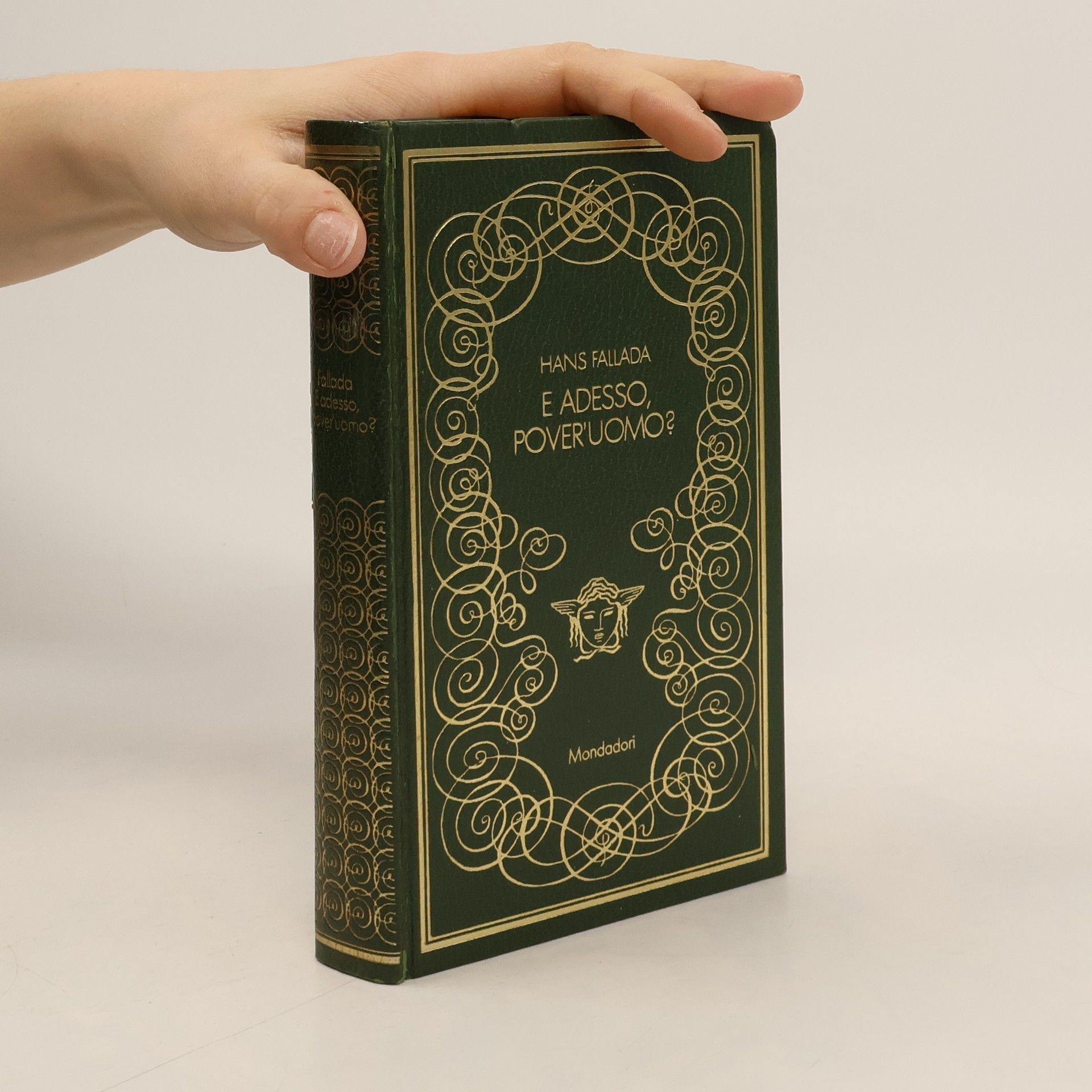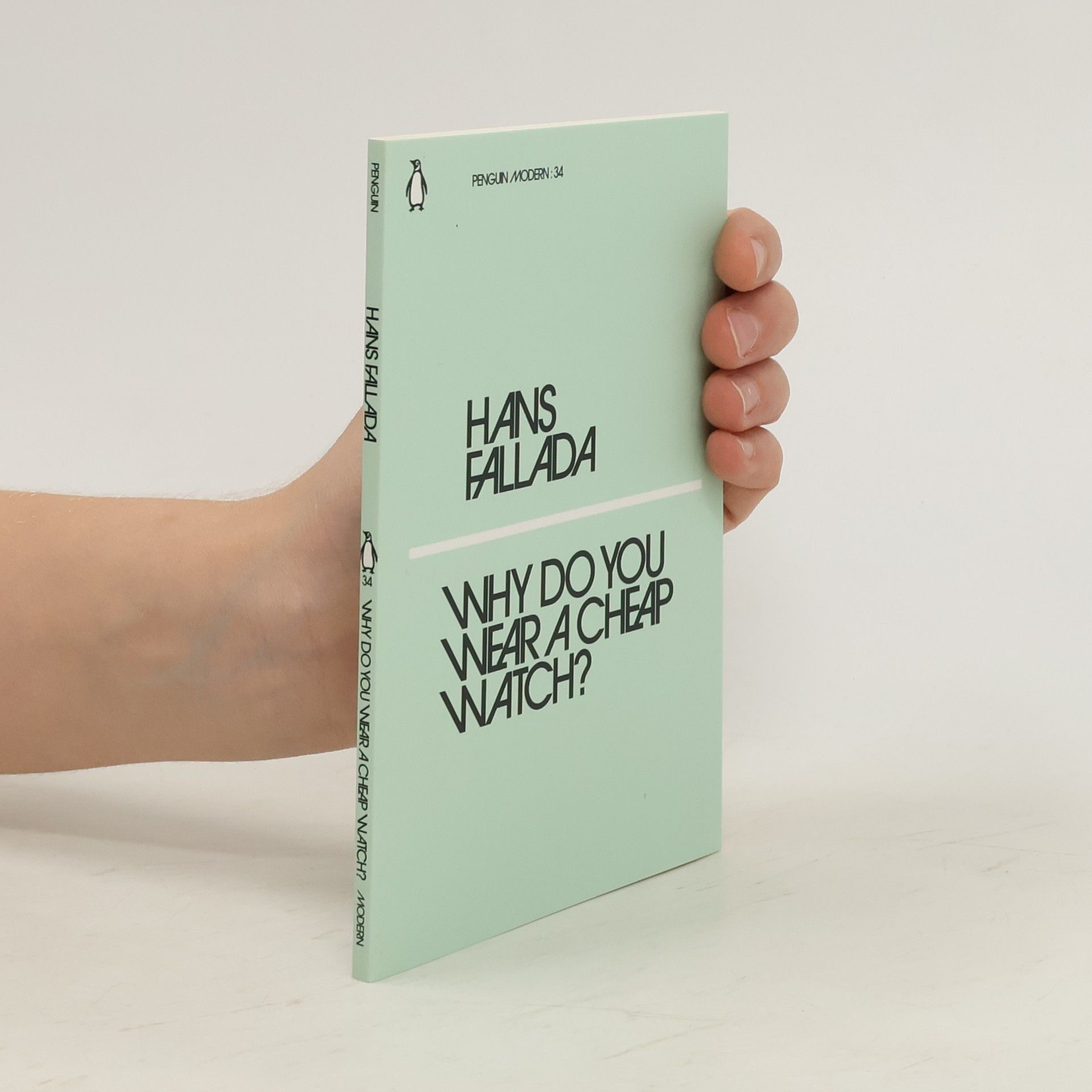Hans Fallada Libri
Hans Fallada emerse come una delle voci letterarie più significative della Germania del XX secolo, con un'opera profondamente plasmata dalle sue lotte personali contro la dipendenza, l'alienazione sociale e traumi di vita profondi. Possedeva una straordinaria capacità di illuminare le vite, spesso trascurate, della gente comune, narrando le loro battaglie per la sopravvivenza e la loro ricerca di significato in circostanze difficili. La prosa di Fallada si distingue per la sua cruda onestà, la sua acuta coscienza sociale e una comprensione empatica delle debolezze e della resilienza dei suoi personaggi. Attraverso il suo approccio narrativo unico, offrì ai lettori un ritratto schietto ma compassionevole della condizione umana.







Learn German with Every Man Dies Alone Part I: Interlinear German to English
- 532pagine
- 19 ore di lettura
"Based on a true story, this sweeping saga tells the tale of a working class couple in Berlin who decide to take a stand against the Nazis. More than an edge-of-your-seat thriller, more than a moving romance, even more than literature of the highest order, it's a deeply moving story of two people who stand up for what's right, and for each other. Hans Fallada wrote Every Man Dies Alone in a feverish twenty-four days, soon after the end of World War II and his release from a Nazi insane asylum. He did not live to see his its publication."--Page 4 of cover
Iron Gustav
- 608pagine
- 22 ore di lettura
Intransigent, deeply conservative coachman Gustav Hackendahl rules his family with an iron rod, but in so doing loses his grip on the children he loves. Meanwhile, the First World War is destroying his career, his country, and his pride in the German people. As Germany and the Hackendahl family unravel, Gustav has to learn to compromise if he is to hold onto anything he holds dear.
Little Man, What Now?
- 352pagine
- 13 ore di lettura
From the bestselling author of Alone in Berlin, this acclaimed novel follows a young couple navigating life in 1930s Germany. Lämmchen and 'Boy' fall in love, marry, and start a family in Berlin in 1932, but their lives are overshadowed by the changing political landscape. As they struggle with bullying bosses, unpaid bills, monstrous mothers-in-law, and Nazi streetfighters, they question whether love can sustain them. This work, which established Hans Fallada as a significant writer, portrays one of literature's most touching couples, blending comedy with desperation. Published just before Hitler's rise to power, it hauntingly depicts innocents on the brink of losing everything. Michael Hofmann's brilliant new translation captures the era's austerity and turmoil in Weimar Germany. Critics have praised Fallada's genius, noting the emotional depth and variety in characterization. The narrative resonates with both despair and hope, reflecting the complexities of life during a pivotal moment in history. This novel remains a powerful exploration of ordinary people facing extraordinary challenges.
Drawing on Hans Fallada's own history of addiction, these two stories are written with a remarkable, tough, spartan clarity. As a man desperately, haplessly tries to get enough morphine to make it through the day and a drunk embezzler struggles to get himself arrested, they are at one second crushing, the next darkly comic.
Tales from the underworld
- 320pagine
- 12 ore di lettura
Darkly funny, searingly honest short stories from Hans Fallada, author of bestselling Alone in BerlinIn these stories, criminals lament how hard it is to scrape a living by breaking and entering; families measure their daily struggles in marks and pfennigs; a convict makes a desperate leap from a moving train; a ring - and with it a marriage - is lost in a basket of potatoes.Here, as in his novels, Fallada is by turns tough, darkly funny, streetwise and effortlessly engaging, writing with acute feeling about ordinary lives shaped by forces larger than themselves: addiction, love, money.
Lilly and Her Slave
- 256pagine
- 9 ore di lettura
Previously unpublished and rewritten stories by the acclaimed mid-century German author Hans Fallada have been uncovered nearly a century after his imprisonment. These newly found works offer fresh insights into his literary genius, showcasing his unique narrative style and themes that resonate with readers today.
Why Do You Wear a Cheap Watch?
- 64pagine
- 3 ore di lettura
Noveller. Tales of low-lifes, grifters and ordinary people trying to make ends meet in pre-war Germany
![A short treatise on the joys of morphinism ; [fiction]](https://rezised-images.knhbt.cz/1920x1920/51577006.jpg)

